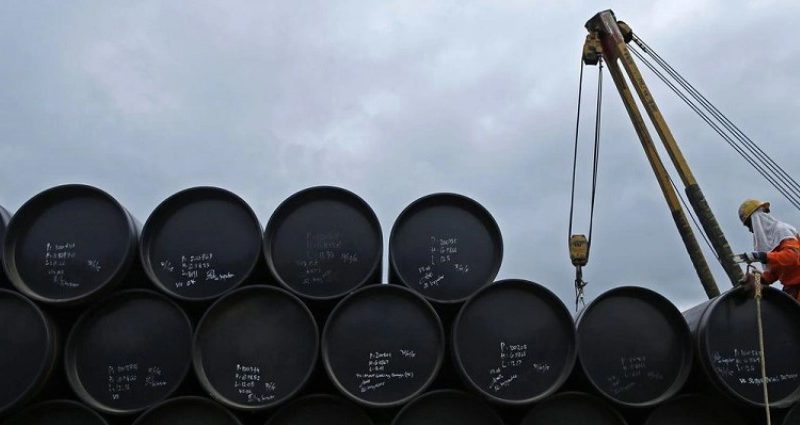Nigeria, earlier in 2022, lost its pride as Africa’s largest oil producer and now ranks fourth on the continent behind Angola, Libya, and Algeria. This is as the production capacity of Nigeria, Africa’s most populous nation, fell to below 1 million barrels per day (BPD) despite the projection of the Organization of the Petroleum Exporting Countries (OPEC) of 2 million barrels per day and a production capacity of 2.5 million barrels per day; a figure Nigeria has hardly met in 10 years.
A disturbing reoccurrence of oil theft plagues Nigeria’s oil industry traced several decades ago. In October, the country was abuzz when it uncovered an unauthorized 4 km pipeline syphoning crude oil from the Trans-Forcados pipeline for over 9 years. At the time of this report, they have discovered over 58 illegal crude oil extraction sites in Delta and Bayelsa states.
However, since oil was discovered in commercial quantities in Oloibiri, present-day Bayelsa State, in 1956, no northern state in the country had been a part of the oil-producing states until three years ago. And days ago, President Muhammadu Buhari flagged off a crude oil production in Kolmani, a borderline area between Bauchi and Gombe states.
According to reports, the oil discovery in Kolmani has over 1 billion barrels of oil reserves and 500 billion cubic feet of gas. And there is potential for more.
Why the oil discovery significant for Nigeria
A recent report by NBS disclosed that 133 million people out of the country’s over 200 million people were living in multidimensional poverty. The Northern region of Nigeria alone accounted for 65 percent or 86 million poor Nigerians with Sokoto, Bayelsa, Jigawa, Kebbi, Gombe, and Yobe as the poorest states in the country.
- The discovery of oil in the north, if properly exploited and managed, could bring wealth to the region, decimating the poverty level. The discovery can provide jobs outside of the usual farming and cattle rearing, mainly practiced by residents in the region. Experts have projected the oil in the north to generate N32 trillion.
- Also, the oil-producing states in the north can now request for the 13 percent oil derivation funds allocated to the class of states by the Nigerian constitution. This fund helps the state to lessen the impact of oil exploration in oil producing communities.
- According to reports, in 2021, the nine oil-producing states in the country shared N450bn through the 13 percent derivation deal.
The big picture
The oil discovery in Kolmani would in general boost the country’s daily production capacity as the Federal Government in October signed a Memorandum of Understanding with South Korea’s Daewoo to rehabilitate the Kaduna State refinery; a refinery in the north which has been non-functional for a long time.

